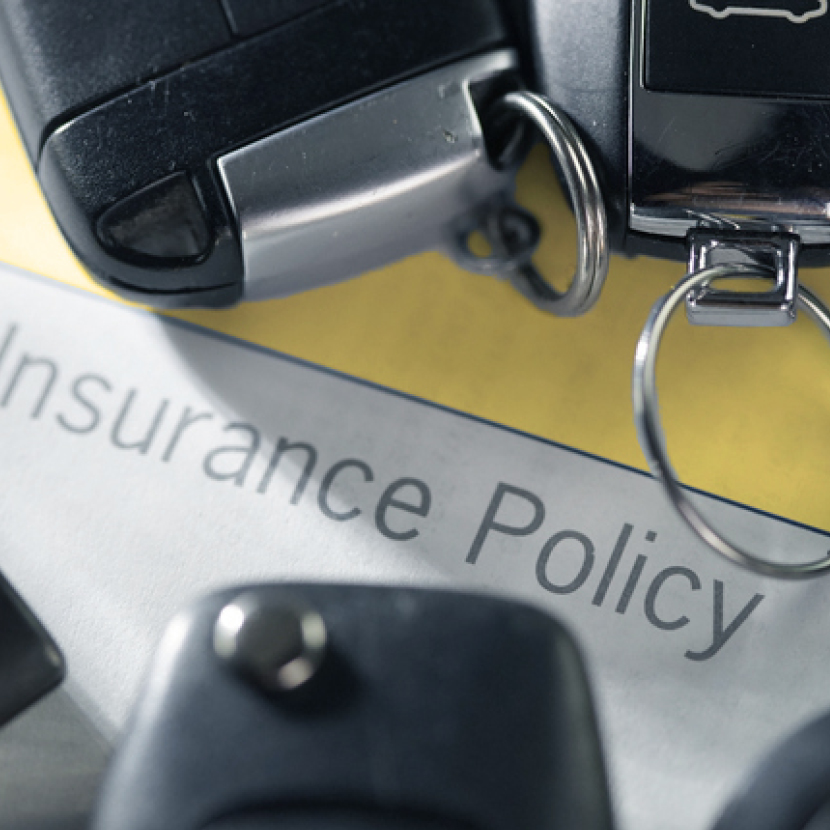- Insurance Guide
- Property Insurance
- How Driving Records Impact Auto Insurance
How does my driving record impact auto insurance?

Whether you’re an experienced driver or just getting started, understanding how your driving history affects your premiums (the amount of money you pay in exchange for insurance coverage) can help you make smarter choices and potentially save money.
Here, we will break down why insurers care about your driving record and how things like speeding tickets, accidents and clean driving can influence your rates.
Just as a bad driving record can impact auto insurance costs, a good driving record will, too.
Understanding your driving record
Officially known as your Motor Vehicle Report (MVR), your driving record is an official document kept by your state’s Department of Motor Vehicles, or DMV. It tracks important details about your time on the road, like traffic violations, accidents, license status and more. Insurance companies rely on this report to assess your risk as a driver, which could impact how much you pay for coverage.
Key components of your driving record include:
- Personal details, like name, address and date of birth
- License details, like status, type and expiration date
- Traffic violations, both moving and non-moving, like speeding tickets or parking tickets
- Accident history
- License suspensions or revocation
How insurance companies use your driving record
Insurance companies look closely at your driving record to help determine your auto insurance rates. They consider things like how often you receive traffic violations, how serious those violations were and whether or not you’ve been in any accidents or filed claims.
They will also look at how long you’ve had your license and if you’ve had insurance coverage during that time. All of these factors can help them get a clearer picture of how risky you might be to insure.
Different violations have different impact on your insurance rates:
Minor violations like some speeding violations, failure to signal or rolling stops, for example: Little to no rate increases, especially for a first offense
Major violations like at-fault accidents, driving under the influence or speeding at more than 20 miles per hours over the speed limit, for example: Significant rate hikes or potential non-renewal of your policy
Severity matters. The bigger the violation, the bigger the rate increase. Getting insurance with a bad driving record can be a challenge because you’re determined to be a bigger risk to an insurance company.
Understanding points on your license
Points on your driver’s license aren’t just warnings. They can also affect how insurance companies see you. States use point systems to track driving violations, with more points generally meaning more serious offenses. The more points you have, the riskier you appear to insurers, which may lead to higher premiums.
The good news is that you have more control over your insurance premiums than you might think. By practicing safe driving habits, keeping an eye on your driving record and shopping around for the right quote, you can make a meaningful difference in what you pay.
Start right now. Discover how TruStage® can help. Get a quote now.



